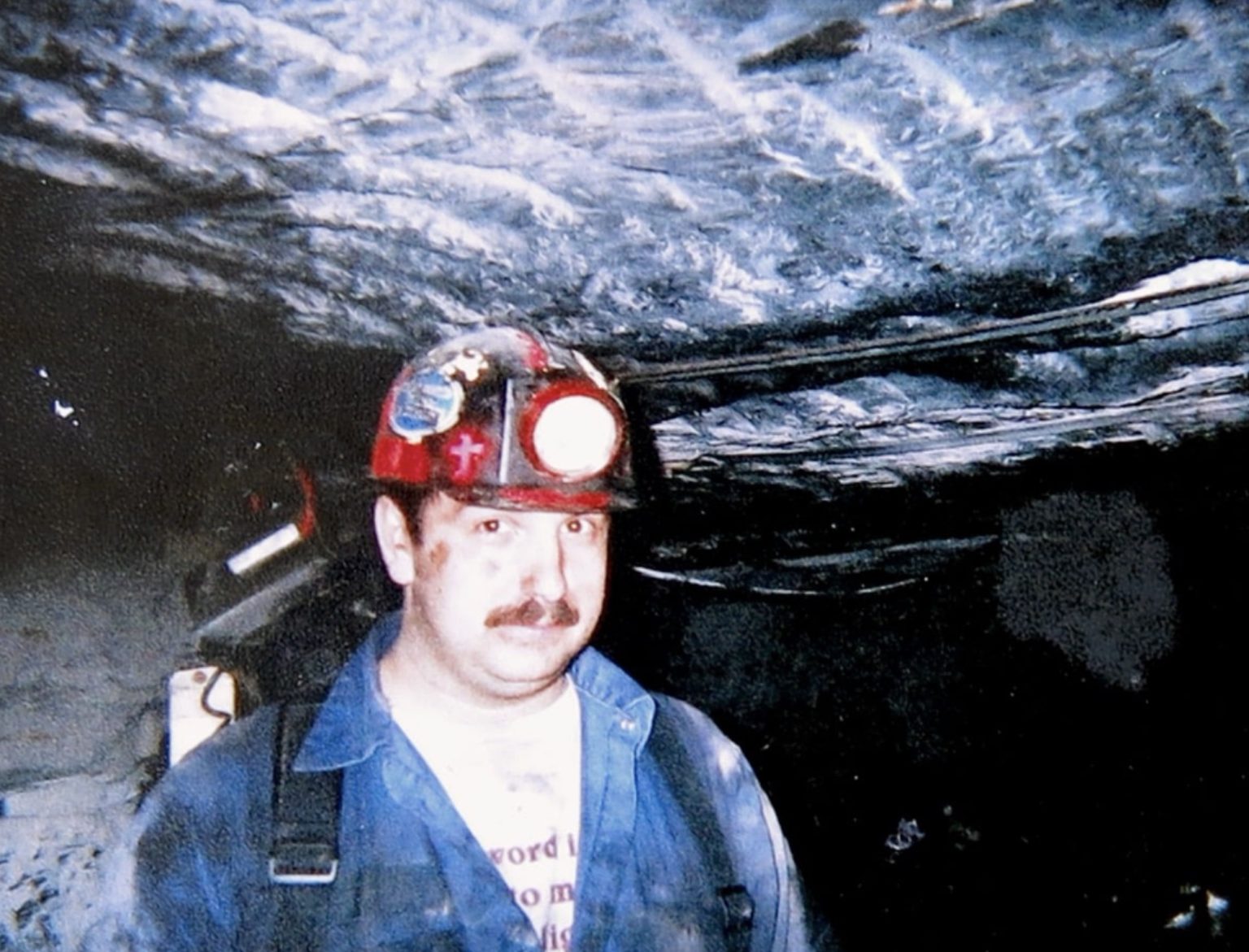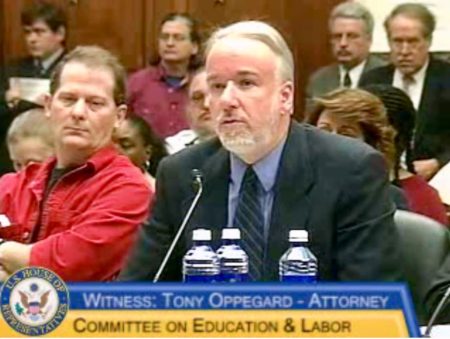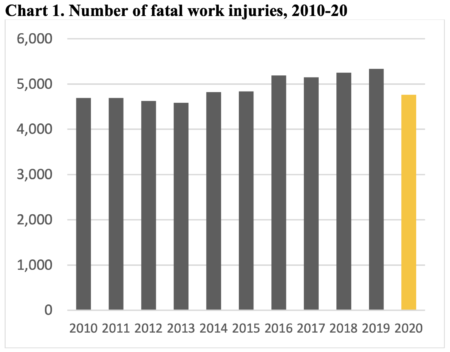Bad Managements Do
By JORDAN BARAB
After
18 years or writing about workplace safety, sometimes it seems like Groundhog
Day — the movie, not the weather-predicting rodent.
Roy Middleton, coal miner killed in unsafe mine Photo: Middleton family
One
of the groundhoggiest themes I write about is the news media’s habit of terming
workplace incidents “freak accidents.” I’ve been writing about so-called
“freak accidents” since 2003 (See here and here.)
What
are “freak accidents?” Well, Wiktionary defines a “freak accident” as “an
incident, especially one that is harmful, occurring under highly unusual and
unlikely circumstances.”
If
it really is just a freak accident, you don’t really have to do much about it
because it’s just one of those unavoidable things, right?
But
for most reporters “freak accident” just means something that they’ve never
heard of before.
I’ve
seen articles describing a worker getting his head caught in a machine he was
repairing termed a “freak accident.” That kind of incident is so unusual that
30 years ago the federal Occupational Safety and Health Administration issued
a standard to prevent incidents like that.
I’ve
seen electrical linemen getting electrocuted described as “freak
accidents.”
Getting
crushed by machinery or in a trench collapse or forklift incidents — I’ve seen
them all described as “freak accidents,” despite the fact that they’re
well-known and all-too-common causes of workplace death.
Bad Journalism
The
latest contribution comes courtesy of miner advocate and attorney Tony
Oppegard, writing about the death of 44-year-old Paul Springer, in an LCT
Energy coal mine in Pennsylvania. The headline in the Johnstown Tribune-Democrat thundered:
Coroner:
‘Freak accident’ likely to blame for miner’s death

Tony Oppegard testifying before Congress
What
was so unusual, unlikely or freakish about Springer’s death? Nothing,
according to Oppegard: “There is no such thing as a “freak” roof or rib fall.
“I
grew up in Somerset County, PA, where this underground mining fatality
occurred. The coroner quoted in the story obviously doesn’t know much, if
anything, about underground coal mining. He attempts to exonerate the coal
company for not adequately supporting the mine roof (or rib) by calling the
miner’s death a “freak accident”. When the federal and state mine investigators
finish their investigation and issue their reports, I suspect that we will
learn that the roof fall wasn’t a “freak” accident at all,” Oppegard wrote at
his Facebook page.
Of
course, if it really is just a freak accident, you don’t really have to do much
about it because it’s just one of those unavoidable things, right? And then as
a business owner there’s only one thing left to do.
Predictably
Meaningless
Sure
enough, after this preventable coal miner tragedy, Mark Tercek, the president
of LCT Energy, said the company’s “thoughts and prayers” were with
Springer’s family and friends during the difficult time.
BLS.gov
Thoughts
and prayers — but no commitment to investigate the death or correct the hazards
that cause the fatality. Move along, nothing to see here.
Workplace
fatalities fell in 2020, but that’s no surprise given the reduced activity
during the first year of the pandemic. Still, almost 4,800
Americans died on the job.
Last
year the number shot back up to more than 5,300, a number
that would be smaller if we focused on continually improving safety standards
and providing OSHA with a proper budget for inspecting workplaces instead of
the cheap and meaningless “thoughts and prayers.”
In
the hope of improving on this bad journalism, here’s a solution to address
reporting on workplace deaths with competence and honesty:
A
Guide for Reporters:
What
Is — And Is Not — A Freak Accident?
Being
a reporter is hard. So much news. So many deadlines. So little time to actually
learn about the subject you’re writing about. And coroners, apparently, know
even less.
So
how do you tell what a freak accident is and what is not? Here are some hints:
Not a freak accident: Getting
caught in machinery that has not been locked out.
Freak
Accident: Getting
hit by a meteor while working on a roof.
Not a freak accident: Getting
electrocuted when your construction vehicle hits a power line.
Freak
Accident: Getting
shot by a stray bullet while working on a construction site.
Not a freak accident: Getting
hit by lightning while working in the fields during a thunder storm.
Freak
Accident: Getting
crushed by a falling tree while delivering the mail.
Not a Freak Accident: Any cause of
death or injury for which there’s an OSHA or MSHA standard.
I’m
sure this isn’t the last post I’ll write on this subject. In the meantime, if
you run across articles claiming that predictable and preventable workplace
injuries or fatalities are “freak accidents,” don’t hesitate to educate the
reporter and the news organization’s editors.
Jordan
Barab was Deputy Assistant Secretary of Labor at OSHA from 2009 to
2017, and spent 16 years running the safety and health program at the American
Federation of State, County and Municipal Employees. He writes regularly at
https://jordanbarab.com/confinedspace/